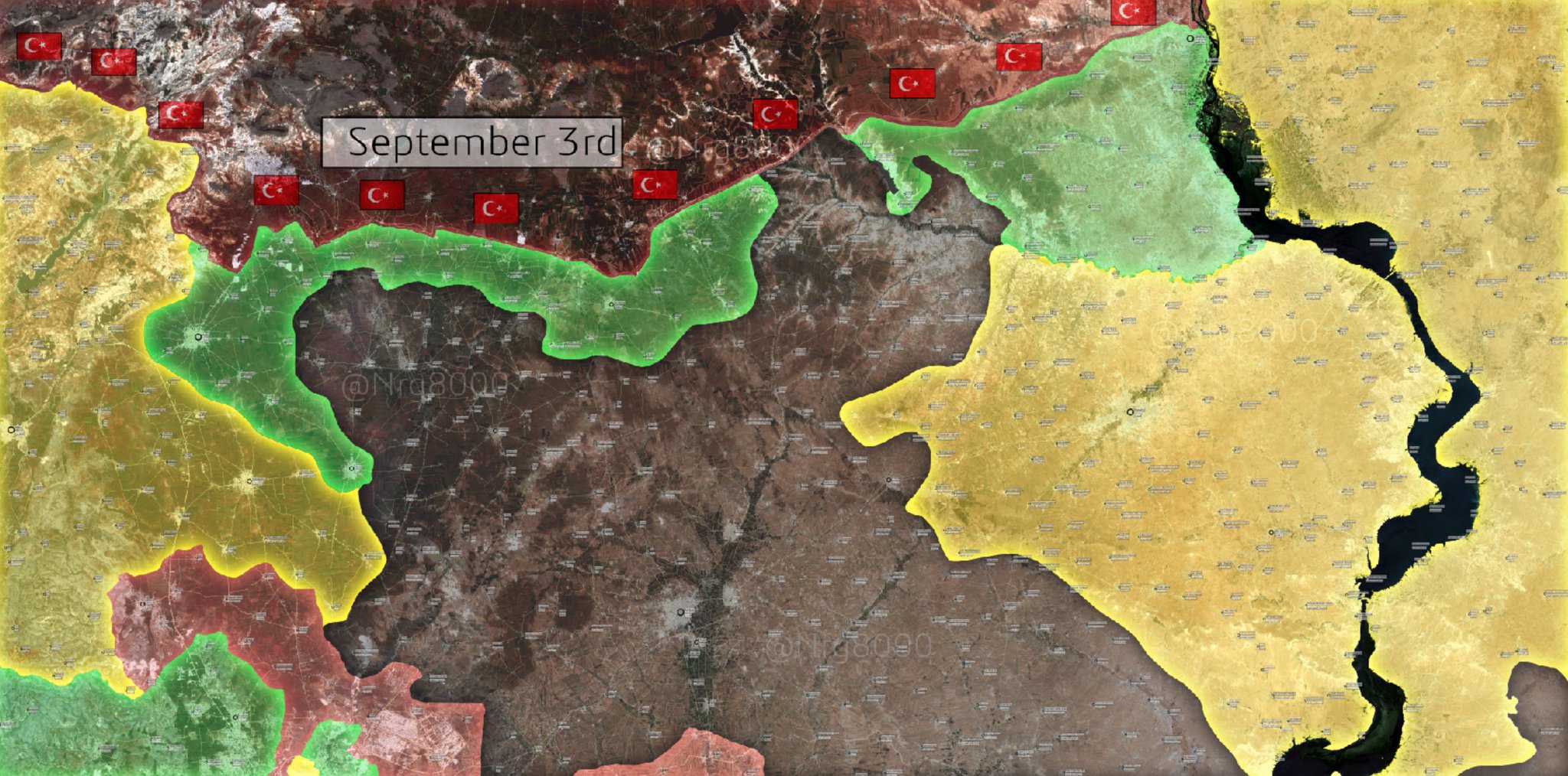KurtSloane
Banned
The Kurdish militant nationalism genie ain't getting back into the bottle. If anyone thinks that a small stroll by the Turkish army and a little finger wagging by the US is going to stop the Kurds from having a nation they're wildly deluded. Especially after having kicked ISIS ass so convincingly. Unless the US while trying to please Turkey and Iraq manages to swap an islamist death cult for a heavily armed Marxist guerrilla army.
Without US air cover, the Kurds where getting rolled by ISIS.









